Fixed vs. Variable Rate?
So, you’ve decided to buy a property. How exciting! Understanding the world of home loans may be confusing like what the difference is between a fixed and variable interest rate home loan.
Both home loans setups offer unique advantages and what is better will depend on your situation + objectives.
Here are some of the key factors to consider when working out which type of home loan is right for you.
What is a fixed rate home loan?
A fixed rate home loan is where the interest rate is locked in or ‘set’ for a period of time, otherwise known as the fixed term of the loan. This means that the interest rate you pay will remain the same over that course of time.
Pros of a fixed rate home loan:
A major benefit of a fixed rate home loan is certainty. You’ll know exactly what your repayments to expect and at what level of interest for a certain period. Typically, this is between 1 and 5 years.
Key points:
- Protect yourself against interest rate rises
- Lock in your interest rate so you know what your repayments will be
- Plan and set financial goals with ease
Cons of a fixed rate home loan:
A fixed rate home loan is not as flexible as a home loan with a variable rate. This may be worth considering if you expect your financial situation could potentially change in the future.
Key points:
- Rate cuts won’t benefit you
- Limits a borrower’s ability to pay off their loan faster by restricting extra repayments or capping them at a certain amount per year
- Break costs may be charged if you repay your loan early or refinance during a fixed rate period
- Redrawing funds is not available on a fixed rate home loan
What is a variable rate home loan?
A variable rate home loan is a loan with an interest rate that may change over time. If you choose this type, you may be able to take advantage of any interest rate decreases over your loan’s term.
Pros of a variable rate home loan:
Variable rate home loans tend to offer more flexibility and include more features.
Key points:
- If rates fall and you’re on a variable rate, this means you’ll reap the benefits of lower interest and repayments
- Allows for a wider range of repayment options, including the ability to pay off your loan faster without incurring interest rate break costs
- If you wish to refinance, it’s easier to switch to a different lender or home loan product if you’re on a variable rate, without attracting break costs
Cons of a variable rate home loan:
If interest rates go up, your repayments could increase.
Key points:
- Lenders can change a variable interest rate at any time generally according to the market. For borrowers, this means their rate is likely to fluctuate over the life of their loan. If your bank raises rates, your repayments will rise
- It can be harder to budget for the future as you can’t be sure how interest rates might move
Split Rate Home Loans
Can’t decide? A good option can be to split the loan. If you’re indecisive on whether to go with a fixed or variable home loan, there is an option to split your loan between the two. If you split your home loan, it means that you can designate a certain portion to a variable home loan, and the rest to a fixed home loan. This means you have the certainty of a fixed rate on part of your loan as well as the flexibility to make extra repayments on the variable rate part of your loan.
Want to find out more about your home loan options? Get in touch with our team today.



